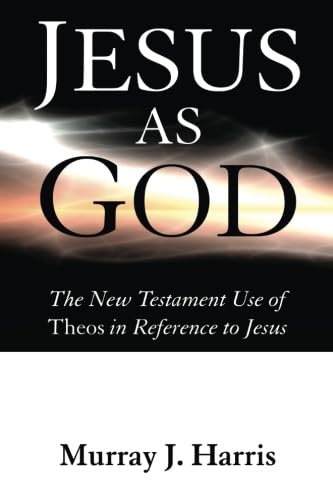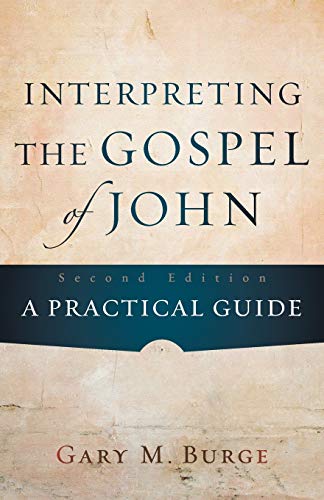This eminently readable revision of the author’s PhD thesis under Ben Meyer of McMaster University, Canada furthers his mentor’s generally positive assessments of how much of the historical Jesus is recoverable from the gospels. In short, Wiebe argues from Jesus’ central proclamation concerning the kingdom of God to insist that Jesus saw himself as God’s Messiah who was sent to restore his people Israel and establish righteousness in the world. Eschatology, therefore, naturally leads to ethics, contra many other lines of scholarly and popular thought. En route to his conclusions, Wiebe treats the historical background to his question, OT and intertestamental Jewish antecedents, John the Baptist, Jesus’ emphasis on repentance, the communal nature of Messianic ethics, associating with the outcast, a form of liberation which eschews domination in favour of reconciliation, the double love-command, and a brief refutation of J.T. Sanders’ allegation of the unusability of Jesus’ ethic. Despite its semi-popular packaging and relative brevity, this is a significant work for all students who want to understand Jesus’ aims in light of his historical milieu.
Craig L. Blomberg
Craig L. Blomberg
Denver Seminary
Denver, Colorado, USA







